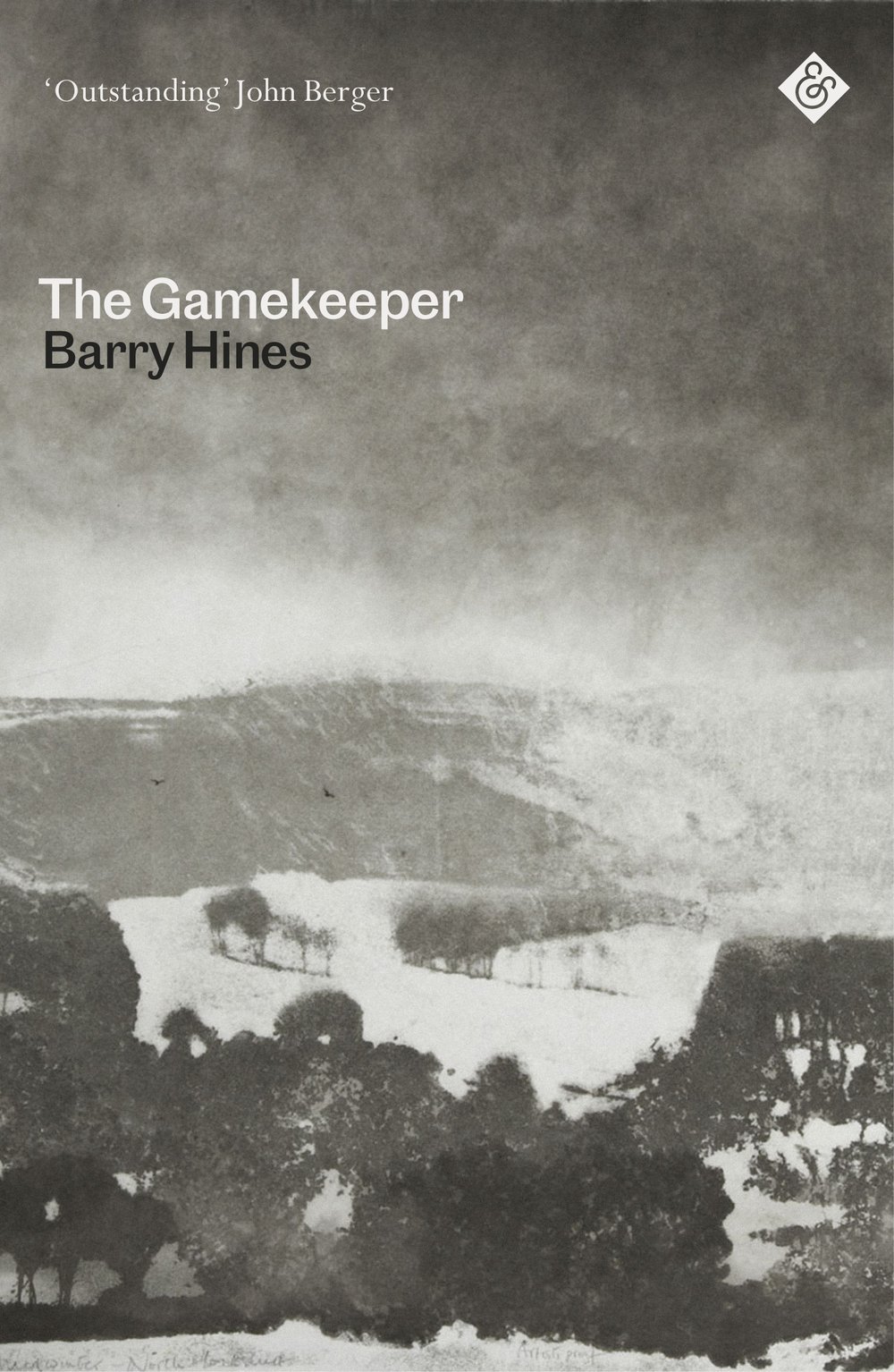The Gamekeeper

George Purse is an ex-steelworker employed as a gamekeeper on a ducal country estate. He gathers, hand-rears and treasures the birds to be shot at by his wealthy employers. He must ensure that the Duke and his guests have good hunts when the shooting season comes round on the Glorious Twelfth; he must ensure that the poachers who sneak onto the land in search of food do not.
Season by season, over the course of a year, George makes his rounds. He is not a romantic hero. He is a laborer, who knows the natural world well and sees it without sentimentality.
Rightly acclaimed as a masterpiece of nature writing as well as a radical statement on work and class, The Gamekeeper was also, like Hines’s A Kestrel for a Knave (Kes), adapted by Hines and filmed by Ken Loach, and it too stands as a haunting classic of twentieth-century fiction.

Born into a mining family in a South Yorkshire mining village, Barry Hines (1939–2016) worked first in a coal mine before going to college, working as a teacher, and then becoming a full-time writer of fiction and screenplays for film and television. Hines is best known for A Kestrel for a Knave, a novel that has never been out of print in the UK and was filmed by Ken Loach as Kes.
